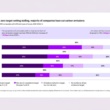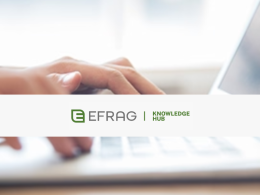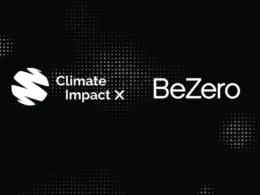Singapore’s National Climate Change Secretariat (NCCS), under the Strategy Group of the Prime Minister’s Office, is partnering with Gold Standard and Verra’s Verified Carbon Standard (VCS) Program, two of the world’s leading independent carbon crediting organisations, to create a new Article 6.2 Crediting Protocol. This protocol aims to facilitate collaboration among countries in utilising Article 6 of the Paris Agreement to meet their Nationally Determined Contributions (NDCs) and sustainable development goals.
“It is important to have a protocol that facilitates Article 6.2 cooperation between independent crediting programs and governments. This would ensure that Article 6.2 can operate efficiently,” said Benedict Chia, Director-General (Climate Change), National Climate Change Secretariat, Singapore.
Article 6.2 allows governments and private entities to collaborate internationally via market-based mechanisms to meet climate goals. Specifically, it enables governments to work with independent carbon crediting programmes like Gold Standard and Verra, which are widely recognised and operational, to verify emissions reductions and removals. This approach reduces the need for governments to develop their own standards for carbon credits, simplifying the administrative burden.
The NCCS, Gold Standard, and Verra collaboration, aimed at creating a standardised and streamlined framework for governments to implement Article 6.2 with independent carbon crediting programs, was first announced at COP28 in December 2023. Without such a framework, countries may adopt inconsistent approaches, potentially obstructing the efficient and scalable implementation of Article 6.2.
“If a market is to be trusted, it must be built on solid foundations. For Article 6 to be reliable and efficient, governments and standards need to work together. These initial recommendations outline how, by doing so, they can deliver impact for both the climate and sustainable development,” said Margaret Kim, CEO of Gold Standard.
These initial recommendations, laying out key concepts and processes for the protocol, are expected to be expanded and published after COP29. The report provides guidance on creating an effective Article 6.2 market, urging governments to mitigate regulatory and market risks related to Article 6.2 transactions. It suggests measures like standardised templates for Letters of Authorisation to foster a smooth process.
These recommendations have been informed by consultations with government and market experts over the past year. The final protocol, due in 2025, will incorporate relevant decisions from COP29 and will be developed with continued stakeholder input to ensure it effectively complements UNFCCC’s Article 6.2 rules.
“Independent crediting programmes offer comprehensive standards and verification mechanisms that are primed and ready for use by governments in their cooperation under Article 6. The positive reactions we are already receiving from government stakeholders demonstrate how independent standards, that have grown up in the voluntary carbon market, have built a robust and credible foundation that can seamlessly integrate into the infrastructure of compliance markets and Article 6. Together, we can enable these new markets to be operational and effective much more quickly than otherwise possible,” said Mandy Rambharos, CEO of Verra.




















